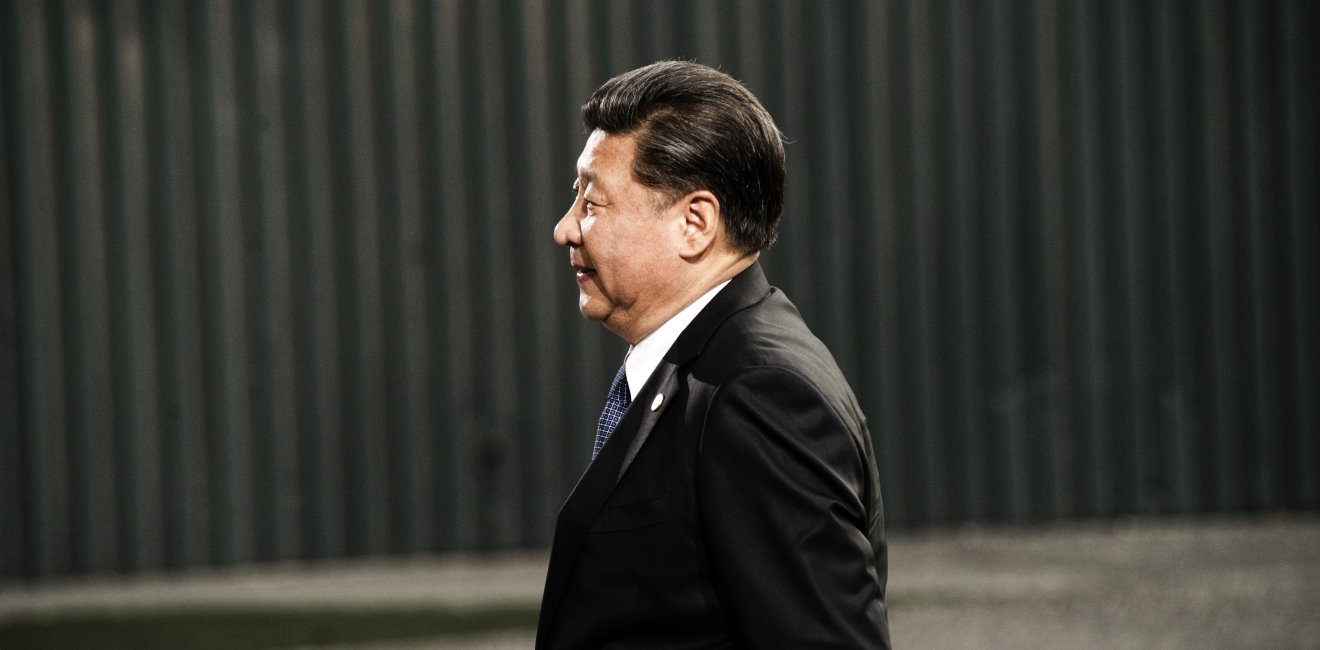Executive Summary:
In June 2017 the New York Times and The Economist featured stories on China's political influence in Australia. The New York Times headline asked "Are Australia's Politics too Easy to Corrupt?," while The Economist sarcastically referred to China as the "Meddle Country." The two articles were reacting to an investigation by Fairfax Media and ABC into the extent of China's political interference in Australia, that built on internal enquiries into the same issue by ASIO and Australia's Department of Prime Minister and Cabinet in 2015 and 2016. The media and official reports concluded that Australia was the target of a foreign interference campaign by China “on a larger scale than that being carried out by any other nation” and that the Chinese Communist Party (CCP) was working to infiltrate Australian political and foreign affairs circles, as well to acquire influence over Australia's Chinese population.
The story is continuing to play out in the Australian media, with more and more revelations of China’s political interference appearing almost daily. The focus of media attention has been on Australia, but the People's Republic of China's (PRC) attempts to guide, buy, or coerce political influence abroad are widespread. China's foreign influence activities are part of a global strategy with almost identical, longstanding approaches, adapted to fit current government policies. They are a core task of China’s united front work; one of the CCP’s famed “magic weapons” (法宝) that helped bring it to power.
This policy paper examines China's foreign political influence activities under Xi Jinping, using one very representative state, New Zealand, as a case study. New Zealand’s relationship with China is of interest, because the Chinese government regards New Zealand as an exemplar of how it would like its relations to be with other states. In 2013, China’s New Zealand ambassador described the two countries’ relationship as “a model to other Western countries”. And after Premier Li Keqiang visited New Zealand in 2017, a Chinese diplomat favourably compared New Zealand-China relations to the level of closeness China had with Albania in the early 1960s. The paper considers the potential impact of China’s expanded political influence activities in New Zealand and how any effects could be mitigated and countered.






